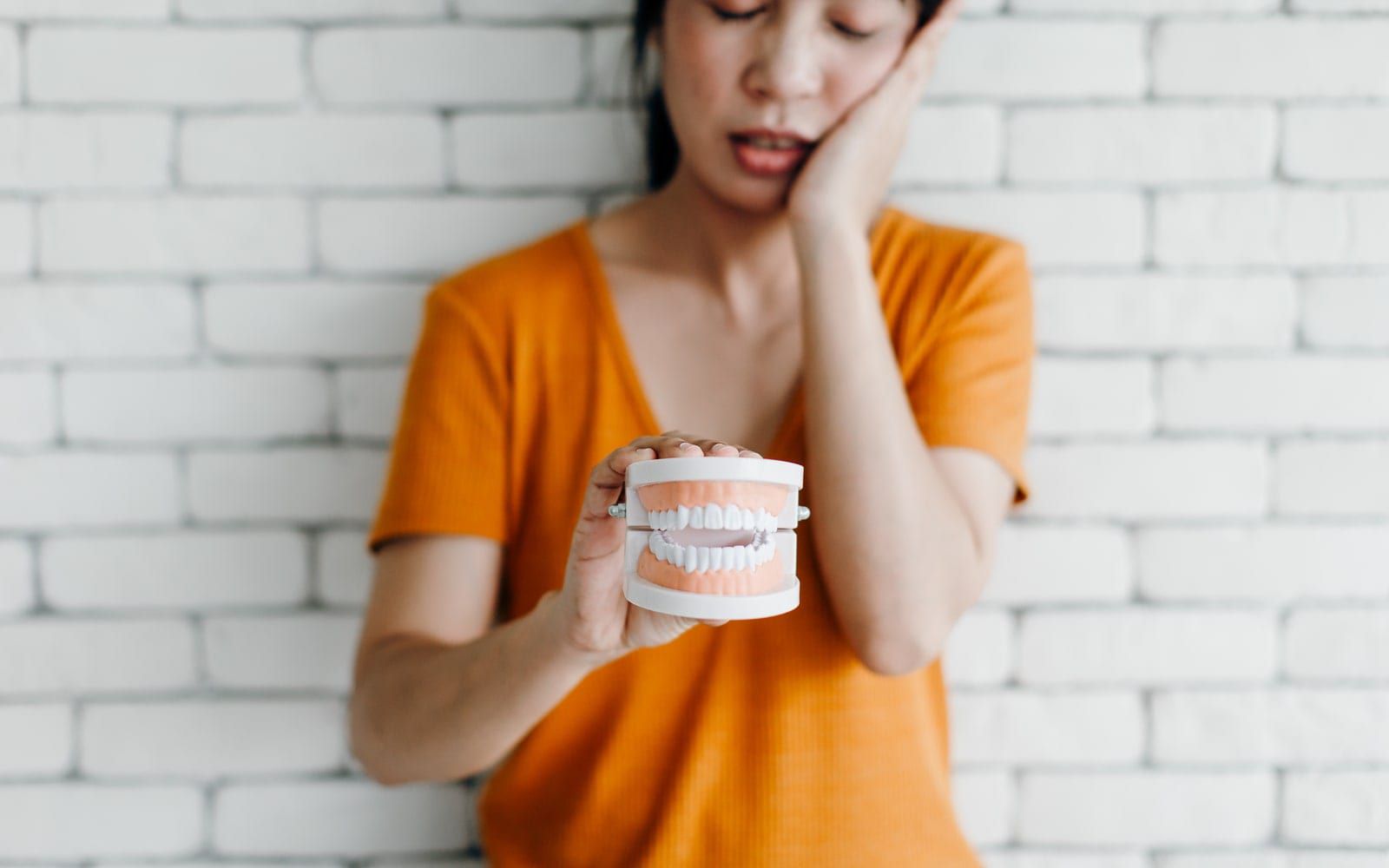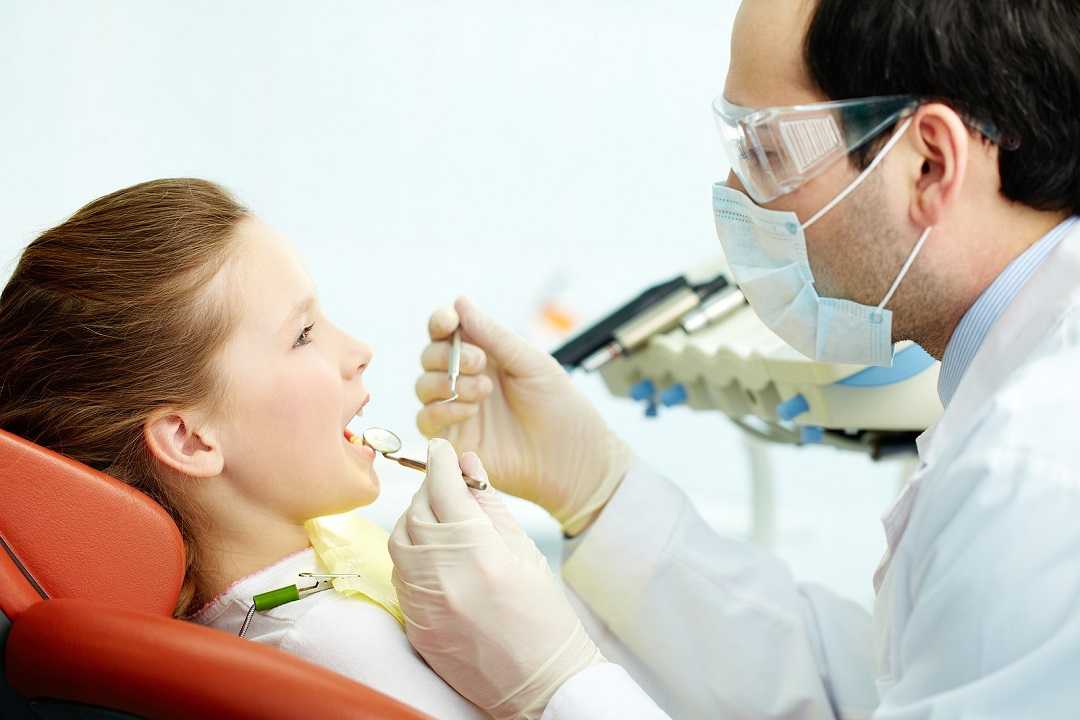Soda consumption at an all time high
Drinking soda basically bathes your teeth in sugar and acid. The bacteria already in your mouth feeds off of sugar and begins to create acids as byproducts. These acids attack the tooth structure and enamel for at least 20 minutes. So, every time you take a sip of soda, this 20-minute acid attack starts all over again.
And studies show, soft drink consumption in the United States had increased dramatically across all demographic groups, but especially among children and teenagers. According to the CDC, one half of the U.S. population consumes sugary drinks on any given day, and 25 percent consume more than one 12 ounce can of soda.
Here are some additional facts about soda, according to SipAllDay.org:
- A bottle of soda in the 50’s was 6.5 ounces. Today, a 12-ounce can is standard, and a 20-ounce bottle is common.
- Larger container sizes mean more calories, more sugar and more acid in a single serving. A 64-ounce “Big Cup” has more than five cans of soda in a single serving!
- There is no nutritional value in soft drinks. In regular soda all of the calories come from sugar.
- In addition to cavities, heavy soda consumption has been linked to diabetes, obesity and osteoporosis.
- One-fifth of all one- and two-year-old children drink soda.
- Today, teens drink three times more soda than 20 years ago, often replacing milk.
- Soft drink companies pay high schools and middle schools big bucks to offer their products.
- Sealants only protect tooth chewing surfaces. Soda decay tends to occur where sealants can’t reach.
Most soda contains phosphoric acid and citric acid, which are both highly damaging to your teeth. Acids can soften the enamel of the teeth which increases the risk of cavities and tooth decay. If you have a receding gum line, keep in mind that acid will do more damage below the gum line.
Keep in mind that although drinking diet soda alleviates the problem of exposing your teeth to more sugar, diet sodas are still highly acidic and still promote tooth decay.
Removing soda from you diet completely, and drinking more water is your best bet for oral health care. But, if you cannot cut it out completely practice drinking it in moderation or only once in a while. Sipping through a straw can also help reduce the amount of contact sugar and acid have on your teeth.
After drinking soda, a drink of water that has been fluoridated can also help remove or dilute the sugar and acid from your teeth. Brushing your teeth after drinking soda, and even taking it a step further and rinsing with a fluoride mouthwash, can all help reduce the effects of the sugar and acid on your teeth.
In addition, drinking soda before you go to sleep significantly increases the damaging effects. People who keep it on their nightstands and sip on it through the night keeps your teeth bathed in sugar and acid for hours on end. Water should be your only source of hydration through the night.
If you have noticed the harmful effects of soda on your oral health, it’s time to talk with your dental professional. Skipping dental appointments may not seem like a big deal, but oral issues can develop and progress quickly. Taking good care of your teeth and gums, along with keeping up with cleanings and checkups will have a significant impact in the long run.
American Dental Group is a family-owned Colorado company partnering with independent hometown dentists to deliver high quality dental care to our members. See how an American Dental Group membership can save you money on dental care, vision materials, and prescription drugs.
Call Now 1-800-633-3010
Previous Post
Long-term effects of Bruxism (teeth-grinding)
Next Post
Kids are using too much toothpaste, and it’s not a good thing
You must be logged in to post a comment.
Latest Blogs
Blog Categories
Blog Archives
- June 2021
- May 2021
- April 2021
- March 2021
- February 2021
- June 2020
- May 2020
- December 2019
- November 2019
- October 2019
- September 2019
- August 2019
- July 2019
- April 2019
- March 2019
- February 2019
- January 2019
- December 2018
- October 2018
- September 2018
- August 2018
- July 2018
- June 2018
- April 2018
- March 2018
- February 2018
- January 2018
- December 2017
- November 2017
- September 2017
- August 2017









